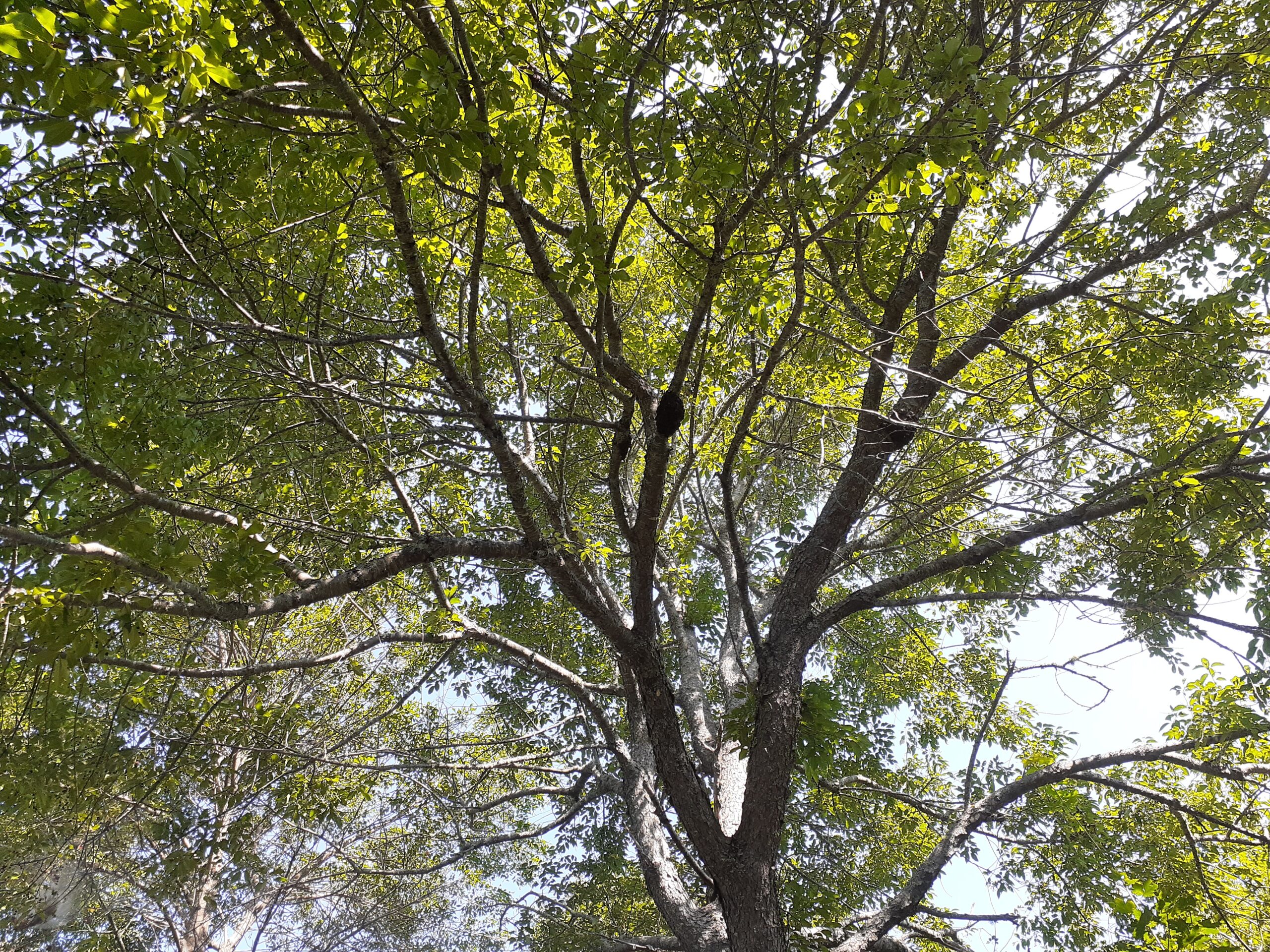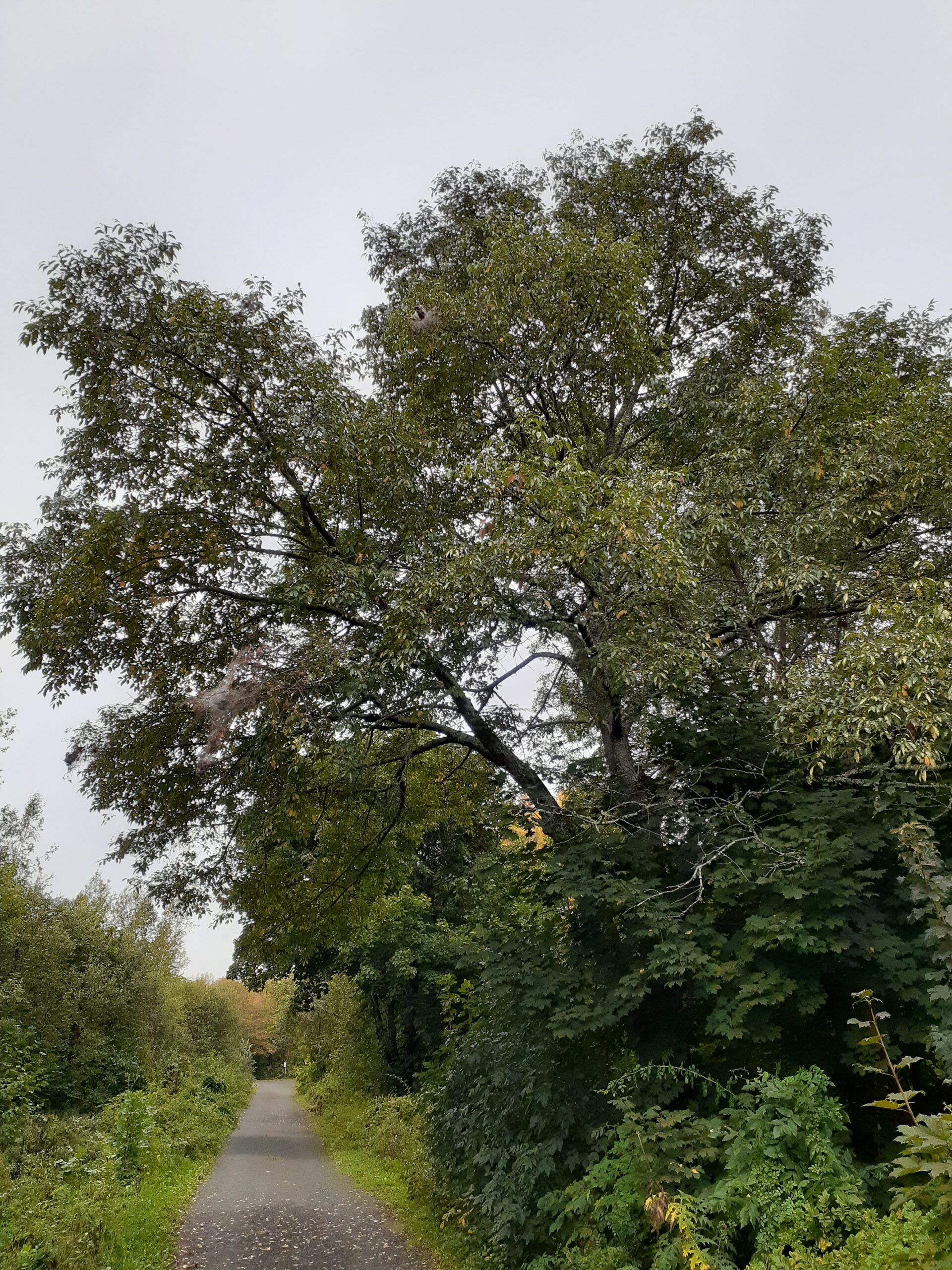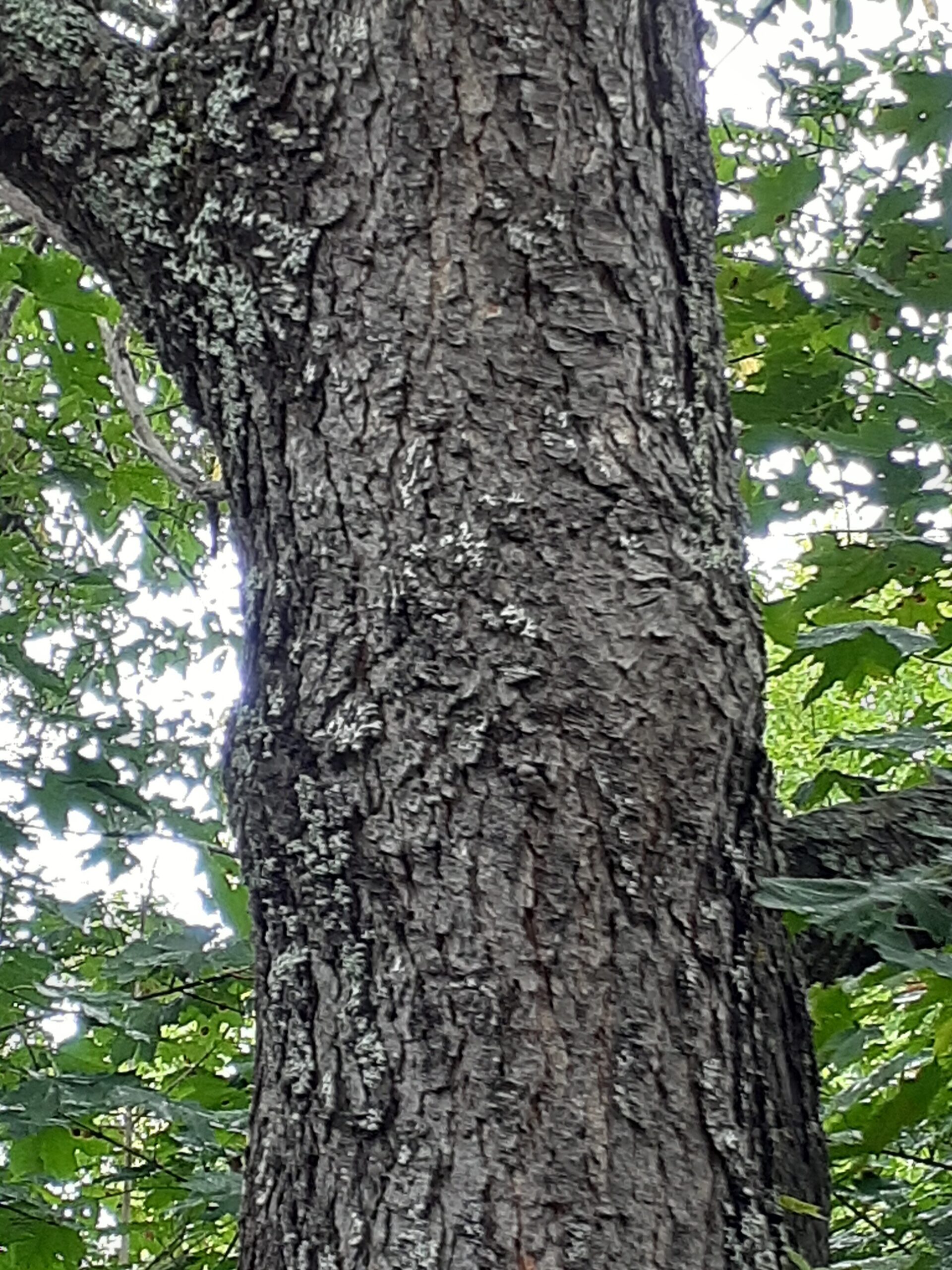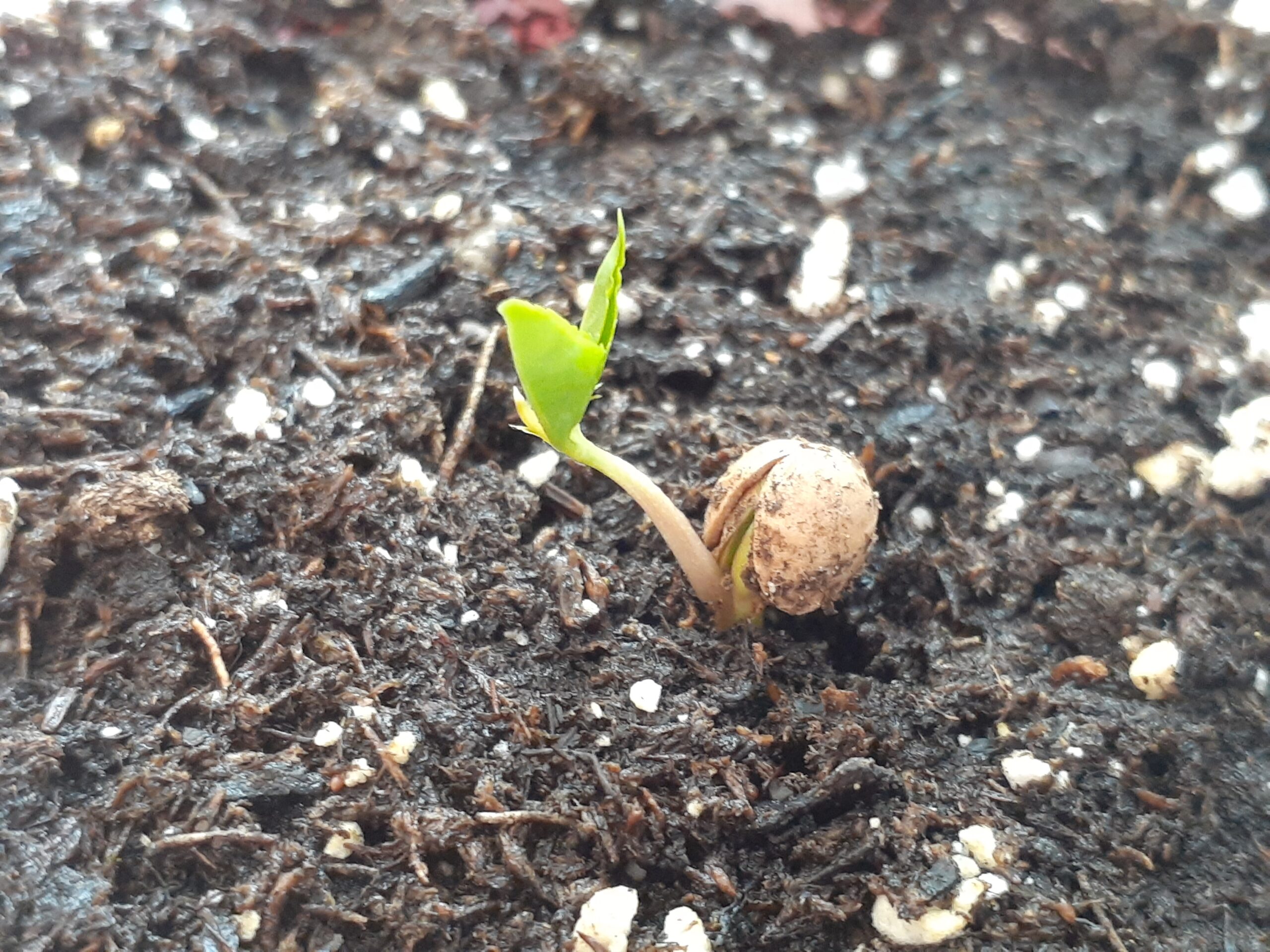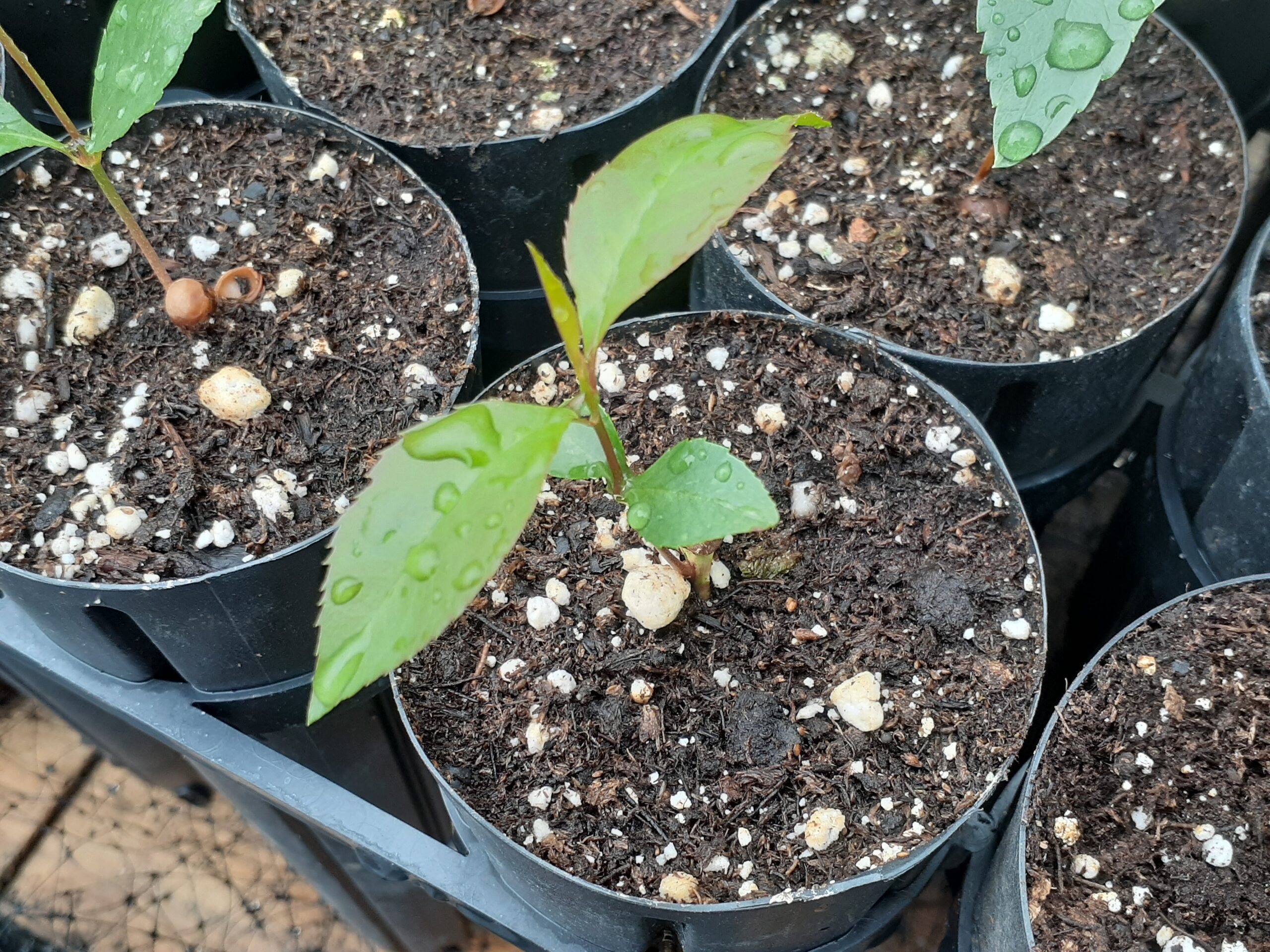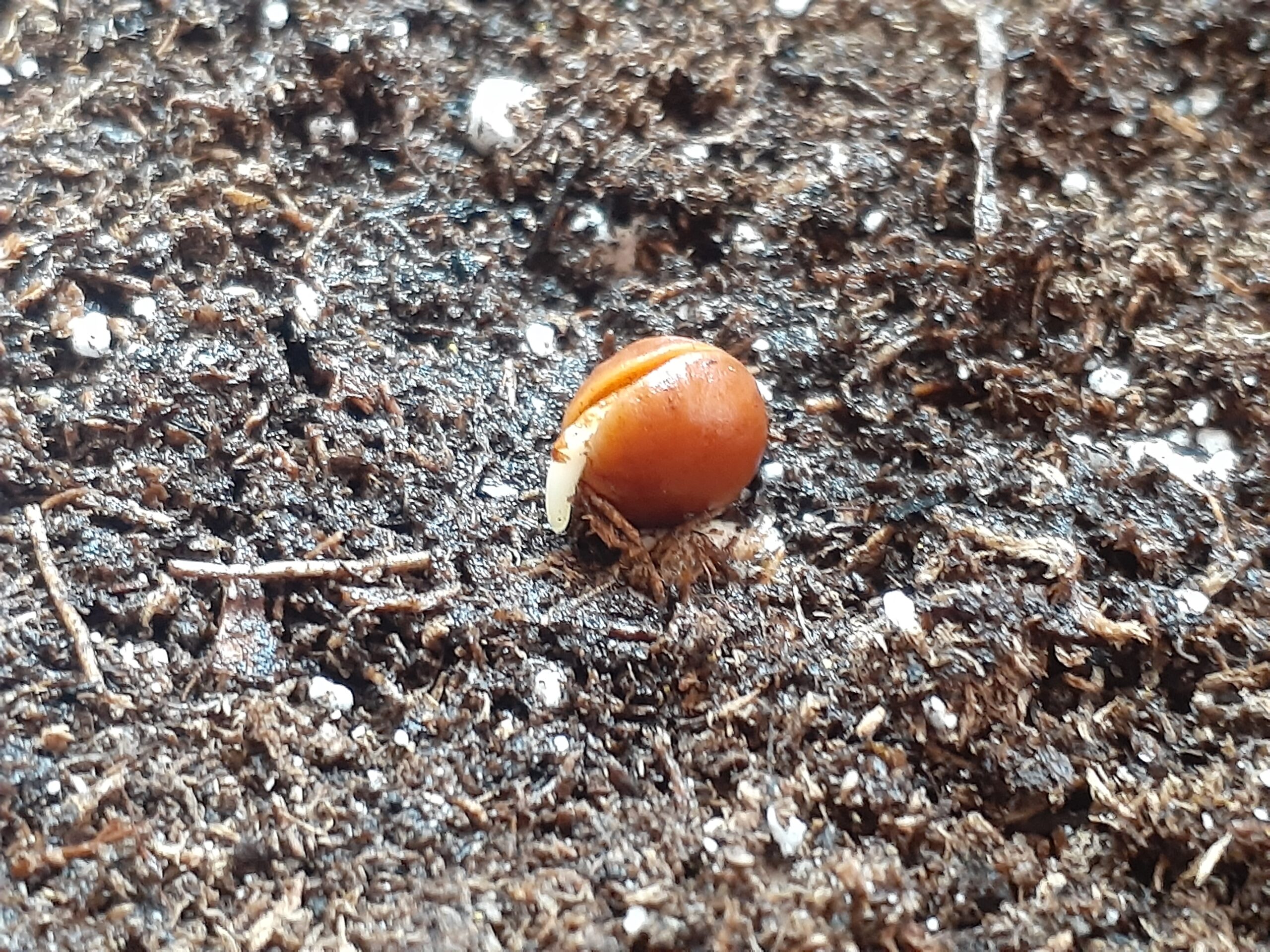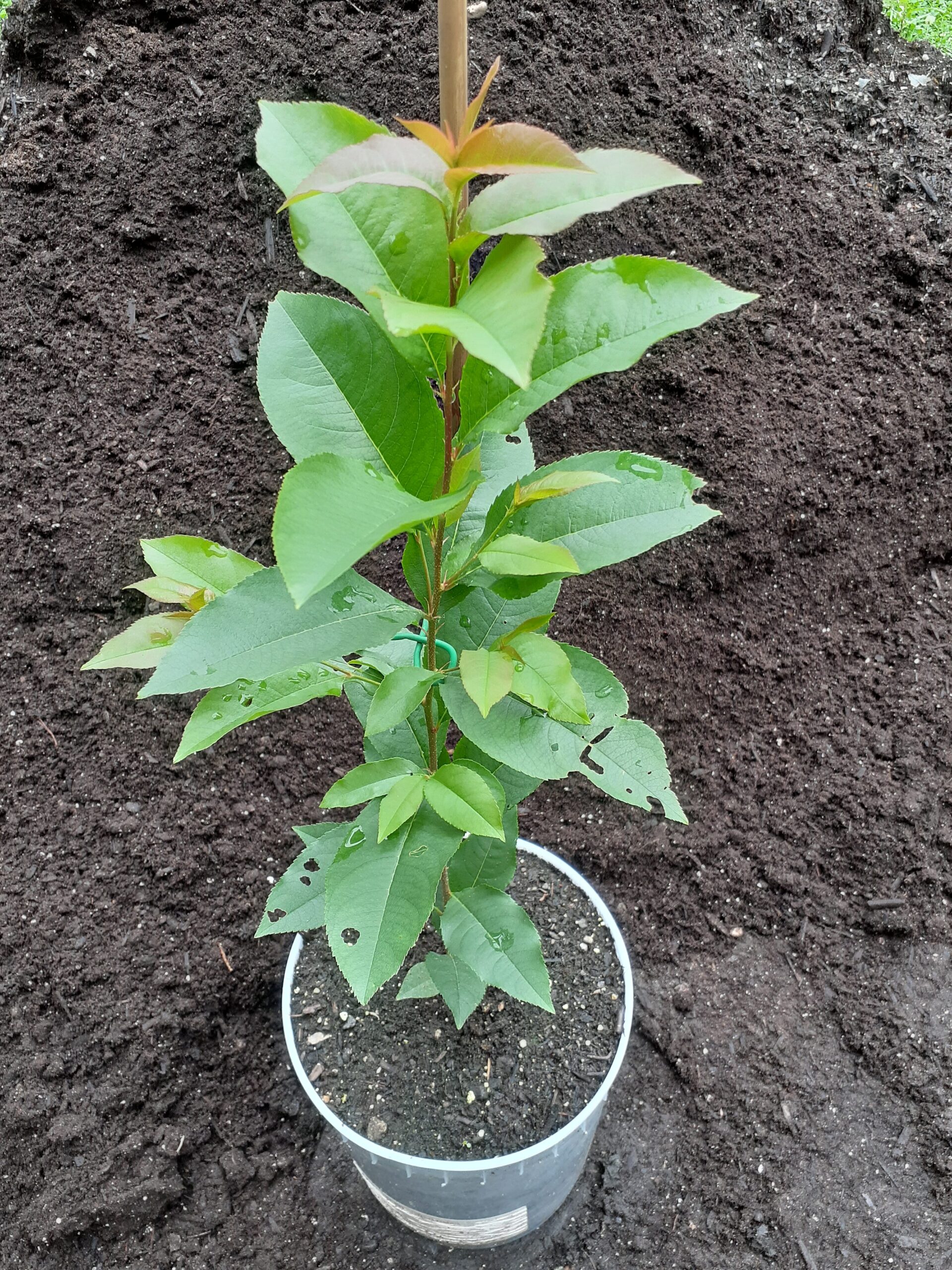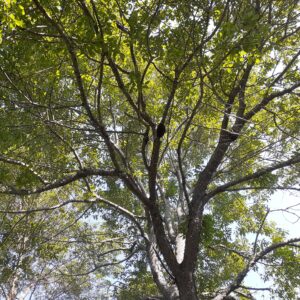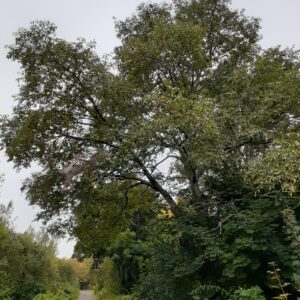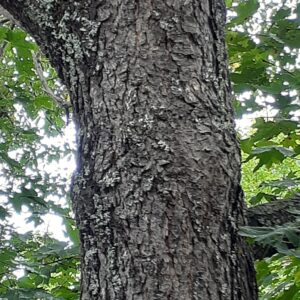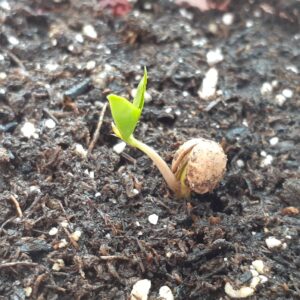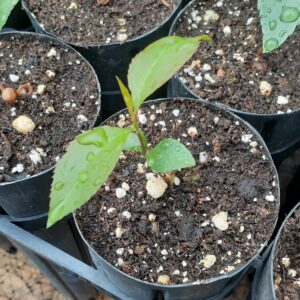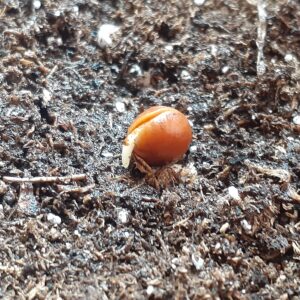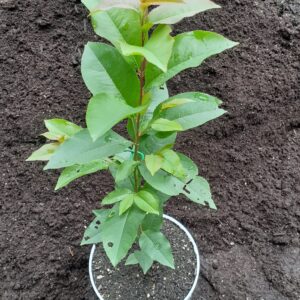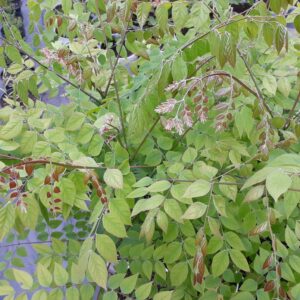Black Cherry
Prunus Serotina
A rare, native tree in New Brunswick with fruits, leaves and flowers that are valued by native wildlife. It is a fast growing, long-lived, medium sized tree with edible fruits (not seeds) that can be used to make jam. Attractive clusters of long, small white flowers (4 to 6 inches long) bloom in late spring with ‘perfect’ male and female flowers. The insect pollinated flowers attract bees and butterflies and the leaves are host to a variety of butterfly larvae including the native Eastern Tiger Swallowtail. All parts of this tree, except the fruit, can be poisonous containing cyanide. Fruits must be pitted before consumption. Mast seed crops occur anywhere from 1 to 5 years apart. DO NOT PLANT WHERE DOMESTIC LIVESTOCK ARE PRESENT.
Additional information
| Foliage | Deciduous |
|---|---|
| Locale | Native to New Brunswick, Native to North America |
| Height | Medium (30-60ft) |
| Width | Moderate |
| Form | Pyramidal |
| Growth Rate | Fast |
| Longevity | Long (over 100 years) |
| Hardiness Zones * | 3, 4, 5 |
| Sun Exposure | Full Sun (over 6 hrs), Partial Sun (4 to 6 hrs) |
| Soil Preferences * | Moist, Slightly Acidic, Well Draining |
| Soil Tolerances | Dry, Slightly Alkaline |
| Other Tolerances | Road Salt |
| Ornamental Interest | Flowers (attractive) |
| Wildlife Value | Bees (flowers), Birds (fruits/seeds), Butterflies (flowers), Butterfly Larvae (leaves), Insect Pollinators (flowers), Small Mammals (fruits/seeds) |
| Human Value | Carpentry (wood), Edible (fruit) |
| Seed Collection | Ordered Online, Personally in NB |
| Planting Considerations | Can Reseed Aggressively, Intolerant of Full Shade, Messy Seed Litter, Poisonous Tree Parts, Prone to Ice Damage |


